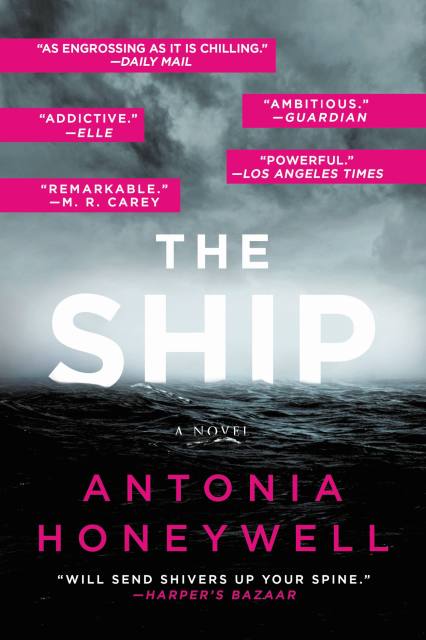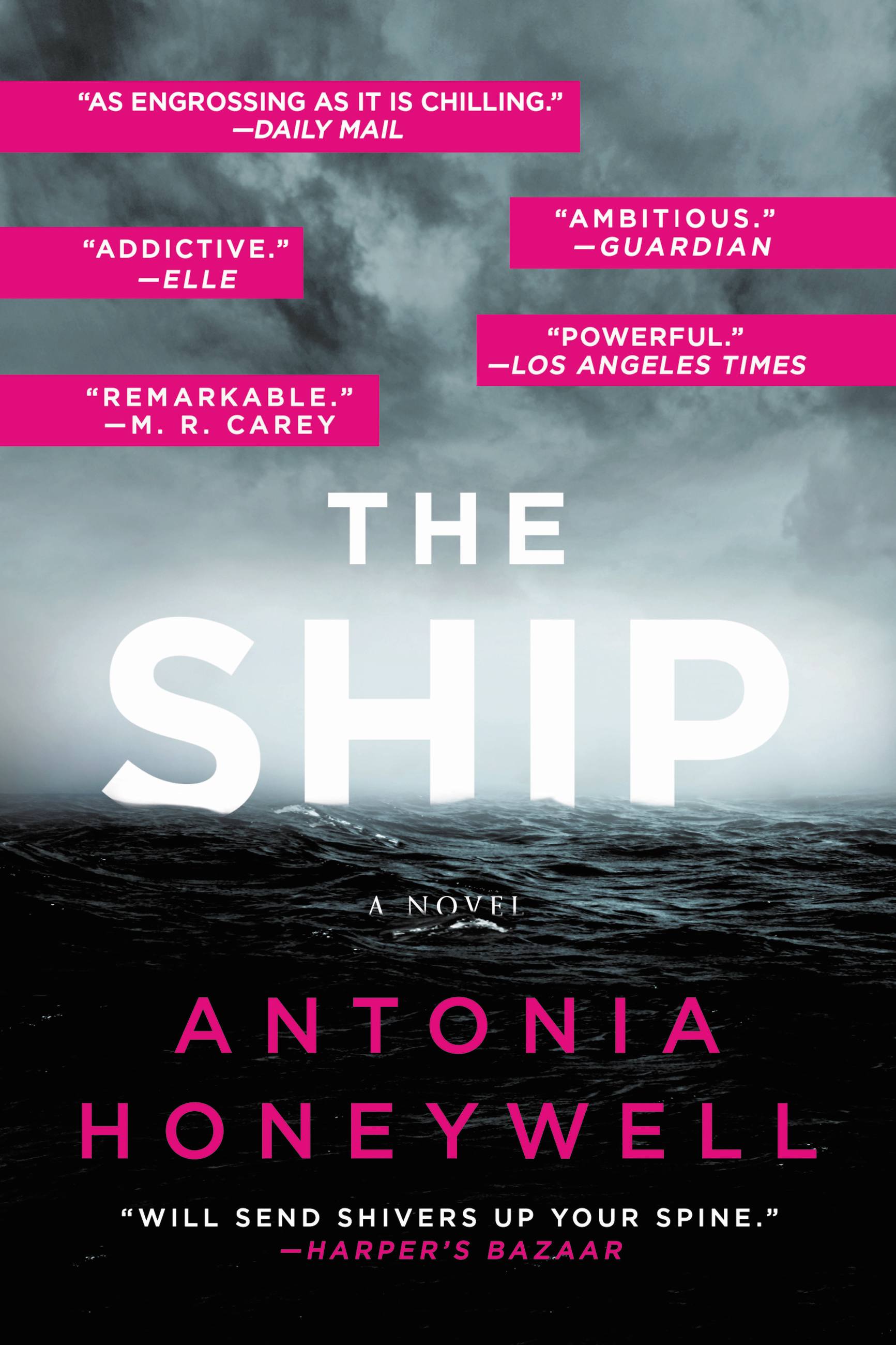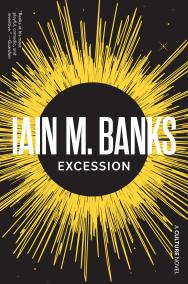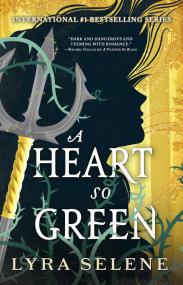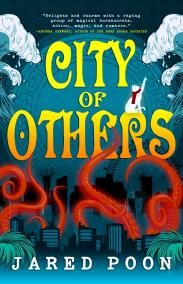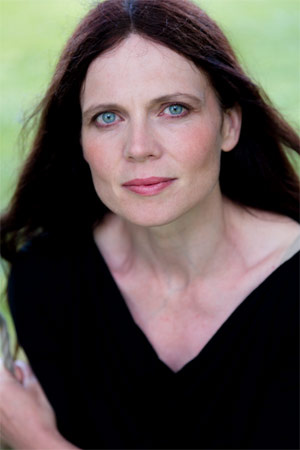By clicking “Accept,” you agree to the use of cookies and similar technologies on your device as set forth in our Cookie Policy and our Privacy Policy. Please note that certain cookies are essential for this website to function properly and do not require user consent to be deployed.
The Ship
Contributors
Formats and Prices
- On Sale
- Apr 25, 2017
- Page Count
- 336 pages
- Publisher
- Orbit
- ISBN-13
- 9780316469890
Price
$9.99Price
$6.99 CADFormat
Format:
- ebook $9.99 $6.99 CAD
- Trade Paperback $21.99 $28.99 CAD
This item is a preorder. Your payment method will be charged immediately, and the product is expected to ship on or around April 25, 2017. This date is subject to change due to shipping delays beyond our control.
Buy from Other Retailers:
London burned for three weeks. And then it got worse. . .
Young, naive, and frustratingly sheltered, Lalla has grown up in near-isolation in her parents’ apartment, sheltered from the chaos of their collapsed civilization. But things are getting more dangerous outside. People are killing each other for husks of bread, and the police are detaining anyone without an identification card. On her sixteenth birthday, Lalla’s father decides it’s time to use their escape route — a ship he’s built that is only big enough to save five hundred people.
But the utopia her father has created isn’t everything it appears. There’s more food than anyone can eat, but nothing grows; more clothes than anyone can wear, but no way to mend them; and no-one can tell her where they are going.
Genre:
Newsletter Signup
By clicking ‘Sign Up,’ I acknowledge that I have read and agree to Hachette Book Group’s Privacy Policy and Terms of Use
